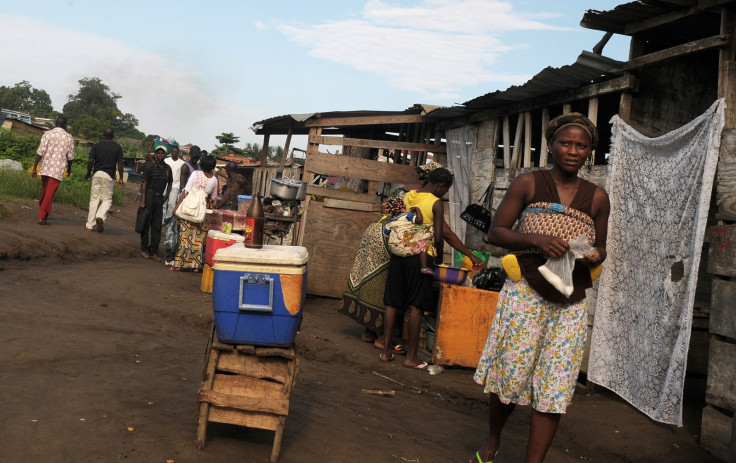Angola in crisis: 15 years since the guns fell silent, nepotism and corruption stalk a fragile nation
On 4 April 2002 warring parties signed an agreement to end 27 years of civil war.

In Angola, 15 years ago on 4 April 2002, the MPLA government and the UNITA rebellion signed a peace agreement in the capital, Luanda, that put an end to 27 years of civil war with roots steeped in the Cold War.
After two unsuccessful agreements in 1991 and again in 1994, the military defeat of UNITA and the death of its leader, Jonas Savimbi, precipitated the end of the conflict that left hundreds of thousands dead.
The guns fell silent across Angola, except in the Enclave of Cabinda, where FLEC rebels have continued to waged four decades of low-level guerrilla opposition in the heavily guarded region that accounts for half the nation's oil output.
As war ended, the ruling MPLA started reconstructing infrastructure devastated by war. The oil boom helped drive double-digit economic growth in the following decade. But only a tiny elite, which revolves around the 74-year-old president, Jose Eduardo dos Santos, harvested the fruits of the skyrocketing economy, inequality widened and shanty-towns grew.
After its fighters were demobilised and slowly integrated in the regular army, UNITA tried to find its way in Angola's political life, dominated by the MPLA. At the time, the opposition party nominated Isaías Samakuva to replace Savimbi as leader. Samakuva is less charismatic, but worked to turn a band of guerrillas into a powerful political party.
"The party maintains an important social base, but without the support or resources of civil war it is no more than the shadow of itself," Didier Peclard, Angola specialist at the University of Geneva, is quoted as saying by RFI.
The party was rocked by several high-profile resignations in 2012. Top officials left alongside Abel Chivukuvuku, a former foreign secretary of UNITA, who tried to find a political alternative. Chivukuvuku unsuccessfully ran for office in 2012 with the Broad Convergence for the Salvation of Angola electoral alliance (CASA-CE).
A global drop in crude oil prices badly hit Angola, plunging the country into the worst economic crisis since the civil war ended in 2002. Home to 28.3 million people, the country's issues are compounded by years of mismanaged public funds and corruption. Commentators have, at times, described the African nation as the "world's richest poor country". Protest movements have emerged in recent years.
UNITA is hoping to take advantage of the situation, and gaining voters by denouncing the wrongdoings and lack of economic diversification. The party has been slowly progressing, with scores of 8% in 2008 to 18% in 2012.
Dos Santos, who has been in power for almost four decades, announced he will step down after the general election expected in August 2017. The president in February nominated Joao Lourenco as the party's presidential candidate.
For "Angolans (who) continue to suffer from government repression and corruption", according to Human Rights Watch, the transfer of power is "bringing hope for human rights improvements after (the) elections".
Realistically, however, power may remain in the hands of the same few: Dos Santos' children already hold most of the key positions.
The National Petroleum Company is controlled by his daughter, Isabel dos Santos, who is Africa's richest woman with an estimated wealth of $3.1bn (£2.5bn), according to Forbes Rich List 2017.
One of the president's sons, Jose Filomeno, manages the Angolan Sovereign Fund. "(Dos Santos) is putting his allies on the political and economic chessboard to control the country in the long term," Ricardo Soares de Oliveira, professor of political science at the University of Oxford, told RFI.
© Copyright IBTimes 2025. All rights reserved.






















